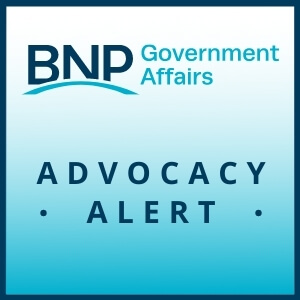4.12.22 Webisode: Employing Refugees – How Employers Can Tap into WNY’s Growing Talent Pool
Blog Categories
April 15, 2022
About this Webisode:
Buffalo Niagara continues to welcome refugees from around the world. Many of our newest neighbors come to WNY with skills and experience and are prepared to become a valuable part of your workforce.
Join the Buffalo Niagara Partnership in this webisode to learn more about how refugees are a pool of untapped talent that could help solve some of your labor challenges. Many regional employers have a long track record of successfully employing refugees and it may be good fit for you, too.
While open to all employers, this information is targeting the following industries/job categories given the skill set, education, and interests of WNY’s newest refugees:
- Manufacturing
- Healthcare
- Accounting
- Business Administration
- IT
- Engineering
The program features staff from the International Institute of Buffalo who work alongside the other refugee resettlement agencies in WNY to help connect the people they serve to employers.
Watch:
View or download the presentation slides here.
Below is contact information you can use to connect with local resettlement agencies to discuss tapping into this talent pool.
- International Institute of Buffalo
- Maddie Fenton, Employment Program Supervisor – mfenton@iibuff.org
- Ahmad Yaqoubi, Professional Pathways Coordinator – ayaqoubi@ibuff.org
- Catholic Charities of WNY
- Winnie Vu – Winnie.Vu@ccwny.org
- Amanda Rosario – Amanda.Rosario@ccwny.org
- Jewish Family Services of WNY
- Meghann Perry – mperry@jfswny.org
- Journey’s End Refugee Services
- Jeff Ogilvie, Director of Employment – jogilvie@jersbuffalo.org
Related Posts
9.28.21 Advocacy Alert: NYS To Raise Minimum Wage
The New York State Department of Labor announced a forthcoming increase in the minimum wage across upstate New York.
On December 31, the minimum wage in our region will rise to $13.20 per hour, a 70-cent increase from the current rate.
Creating Career Pathways
How can we connect a job seeker to an employment opportunity that can lead to a long and rewarding career?
9/24/21 Webisode: Navigating the New Federal Vaccine Mandate for Employers
President Joe Biden recently announced a new mandate requiring all employers with 100 or more employees to ensure their workforce is fully vaccinated or require weekly testing of unvaccinated workers.
- « Previous
- 1
- …
- 22
- 23
- 24


